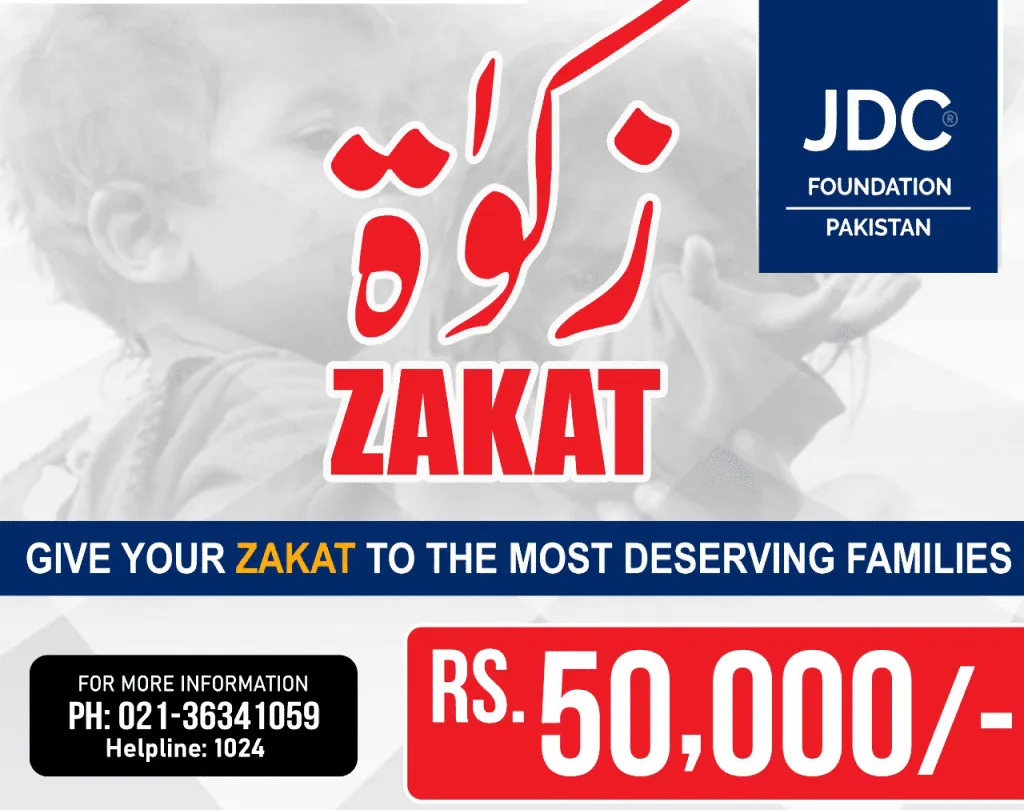
In the realm of Islamic philanthropy, Zakat stands as a cornerstone principle that not only purifies wealth but also serves as a powerful tool for societal upliftment. Derived from the Arabic root “zakāh” meaning purification and growth, the Benefits of Zakat represent an obligatory act of charity for financially stable Muslims. Beyond its religious significance, Zakat holds numerous tangible benefits that extend to both individuals and communities.
Zakat
Zakat is one of the Five Pillars of Islam, an essential religious duty incumbent upon all eligible Muslims. It requires individuals to donate a portion of their wealth, typically 2.5% of savings and assets, to support those in need. This act of giving is seen as a means of spiritual purification and an expression of social solidarity within the Muslim community.
Benefits of Zakat
Spiritual Fulfillment
At its core, Zakat fosters spiritual growth and deepens one’s connection to their faith. By fulfilling this religious obligation, Muslims purify their wealth and cultivate a sense of empathy towards the less fortunate. It instills values of generosity, compassion, and humility, enhancing the spiritual well-being of individuals.
Social Welfare
Zakat plays a pivotal role in addressing socio-economic disparities and promoting social welfare. By redistributing wealth from the affluent to the needy, Zakat acts as a mechanism for wealth circulation within society. This redistribution fosters economic stability and empowers marginalized communities, contributing to a more equitable society.
Economic Impact
Economically, Zakat catalyzes sustainable development. The funds collected through Zakat are channeled into various initiatives such as education, healthcare, and livelihood programs. This investment in human capital not only lifts individuals out of poverty but also creates opportunities for long-term economic growth and prosperity.
Top 3 Welfare Organizations for Zakat
Several reputable organizations worldwide specialize in Zakat collection and distribution, ensuring that contributions are effectively utilized to benefit those in need. Among these organizations, three stand out for their impactful welfare activities:
JDC Foundation Pakistan
Leading the way is the JDC Foundation Pakistan, dedicated to social welfare and community development projects. Their transparent reporting and focus on long-term solutions make them a reliable choice for your Zakat contributions.
Edhi Foundation
The Edhi Foundation, based in Pakistan, is renowned for its extensive social welfare services. Founded by the late Abdul Sattar Edhi, this organization operates shelters, orphanages, clinics, and ambulance services, all supported by charitable donations including Zakat.
Saylani Welfare Trust
Saylani Welfare Trust, headquartered in Karachi, Pakistan, is committed to alleviating poverty and improving the quality of life for underprivileged individuals. They run a range of welfare programs including food distribution, healthcare services, vocational training, and educational scholarships, funded in part by Zakat contributions.
Closing
Zakat is much more than a religious obligation; it is a powerful means of transforming lives and communities. Through the fulfillment of Zakat, individuals experience spiritual enrichment, marginalized communities receive vital support, and societies witness positive economic growth. By donating to reputable welfare organizations like JDC, Edhi Foundation, and Saylani Welfare Trust, individuals can maximize the impact of their Zakat contributions and contribute towards building a more just and compassionate world.
FAQs
Who is eligible to receive Zakat?
Zakat is primarily allocated to individuals facing financial hardship, debt, or other forms of need as defined by Islamic law.
Can Zakat be given to non-Muslims?
In specific circumstances, Zakat may be extended to non-Muslims, particularly those whose hearts are to be reconciled towards Islam or individuals in dire need.
How can one ensure their Zakat is utilized effectively?
It is essential to donate Zakat through reputable and transparent organizations with a proven track record of impactful welfare activities.
Is Zakat tax-deductible?
While Zakat is not tax-deductible in the conventional sense, its benefits are seen as a spiritual investment with manifold returns.
Can Zakat be given in forms other than monetary donations?
Yes, Zakat can also be given in the form of food, clothing, or other essentials to fulfill the basic needs of the less fortunate.






